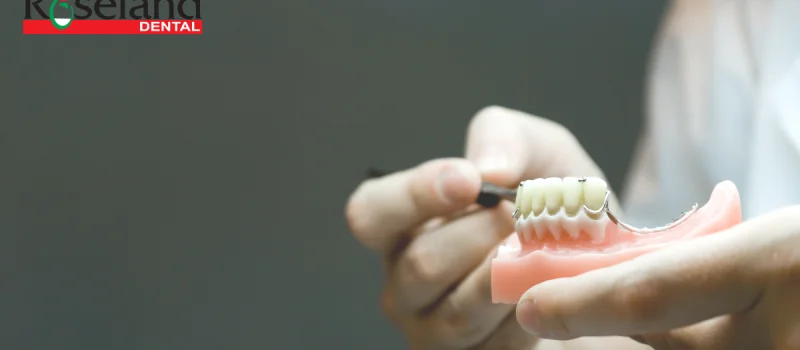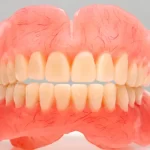One of the newest trends in teeth whitening is the use of activated charcoal, which is now a common ingredient in various types of toothpaste available in the market. Companies promote them as a natural way to whiten teeth and remove stains from dentures. However, dental professionals do not advise using it on dentures for various reasons.
Five reasons why you should not use activated charcoal on dentures :
- It can scratch and damage denture material: Activated charcoal can damage denture surfaces due to its highly abrasive nature. This might result in the production of small fractures and crevices. This can harbor hazardous bacteria and make cleaning the dentures more difficult.
- Denture material discoloration: While activated charcoal is well-known for its ability to remove stains, it can also cause denture material discoloration. This can be especially difficult for persons who have porcelain or acrylic dentures, which are more prone to discoloration than other types of dentures.
- It can be difficult to remove: It can be difficult to remove from dentures, particularly in fissures and tough-to-reach regions. This might leave an unattractive residue on the dentures and produce poor breath.
- It can interfere with denture adhesive adherence: Activated charcoal can interfere with denture adhesive adhesion, causing discomfort and embarrassment for the wearer. This can give the wearer discomfort and shame.
- It is not an effective whitening agent: While this may appear to whiten teeth or dentures temporarily, it is not an effective long-term whitening agent. In fact, it can cause teeth or dentures to yellow over time.
Conclusion:
To summarise, while activated charcoal has some benefits for tooth whitening. It is not suggested for use on dentures due to the risk for damage. It is ideal to use denture cleaning procedures that are safe and effective, as recommended by your dentist. To know more visit https://www.roselanddentaltoronto.ca/ or call us at 416-763-3368.





